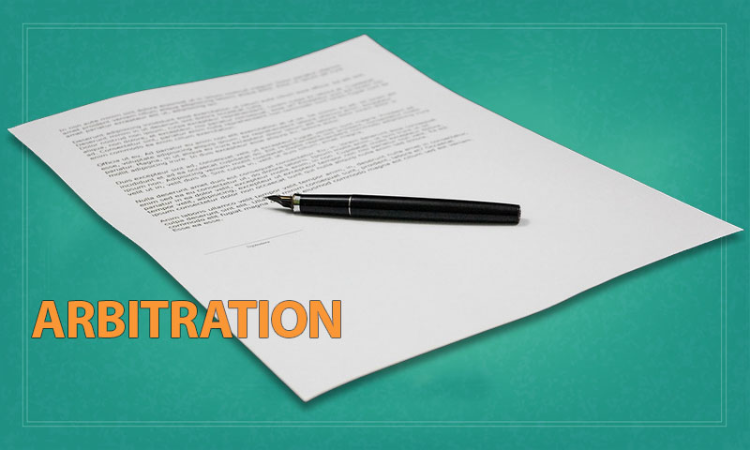- Home
- /
- Know the Law
- /
- Arbitration Court Reckoner :...
Arbitration Court Reckoner : January 2021
Kanika Singh
28 Feb 2021 11:37 AM IST
By way of the present column, an attempt is made to briefly review the salutary judgments pronounced by the Courts in the month of January 2021 under the Arbitration & Conciliation Act, 1996. That while as many judgments as possible are sought to be reviewed, owing to the limited column space, some judgments would invariably be left out. That also while an attempt is made to include...
Next Story



